Ecotourism examples around the world: the 10 best places to visit and adventure
The word ‘ecotourism’ is thrown around a lot more these days. But what is ecotourism? Why is it important? And where can you find these ecotourism destinations?
7min
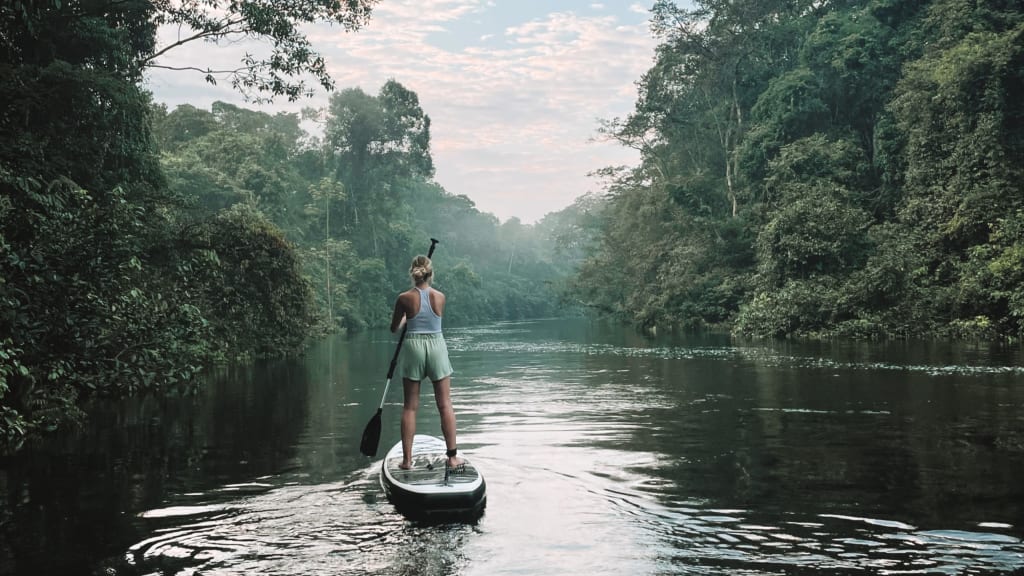
What is ecotourism?
Over the upcoming years, you’re probably going to hear about ecotourism more and more. Not sure what it actually means? Let’s clear that up! The International Ecotourism Society defines ecotourism as: ‘Responsible travel to natural areas that conserves the environment, sustains the well-being of the local people, and involves interpretation and education.’
Put simply, it's about travelling to destinations where we make a positive long-term impact on the environment and the local communities.
These ecotourism places tend to not be the typical tourist hotspots. Mass tourism is the opposite of what we’re getting at here. Ecotourism is usually on a small scale, so that the negative impacts of travel are minimised as much as possible.
Why is ecotourism important?
Travelling is great! We all love to hop on a plane, explore new cultures and discover hidden gems. But all of these things are contributing to the destruction of our planet. Completely stopping travel isn’t a solution, but we can actively choose to reduce the impact that our travel has on the planet.
Ecotourism is important because it promotes this awareness. It encourages people to learn about and conserve our diverse landscapes, wildlife and cultures.
Hopefully we’ve convinced you that ecotourism is the way forward. If so, here are some of the best ecotourism destinations to visit.
Top 10 ecotourism examples
Costa Rica
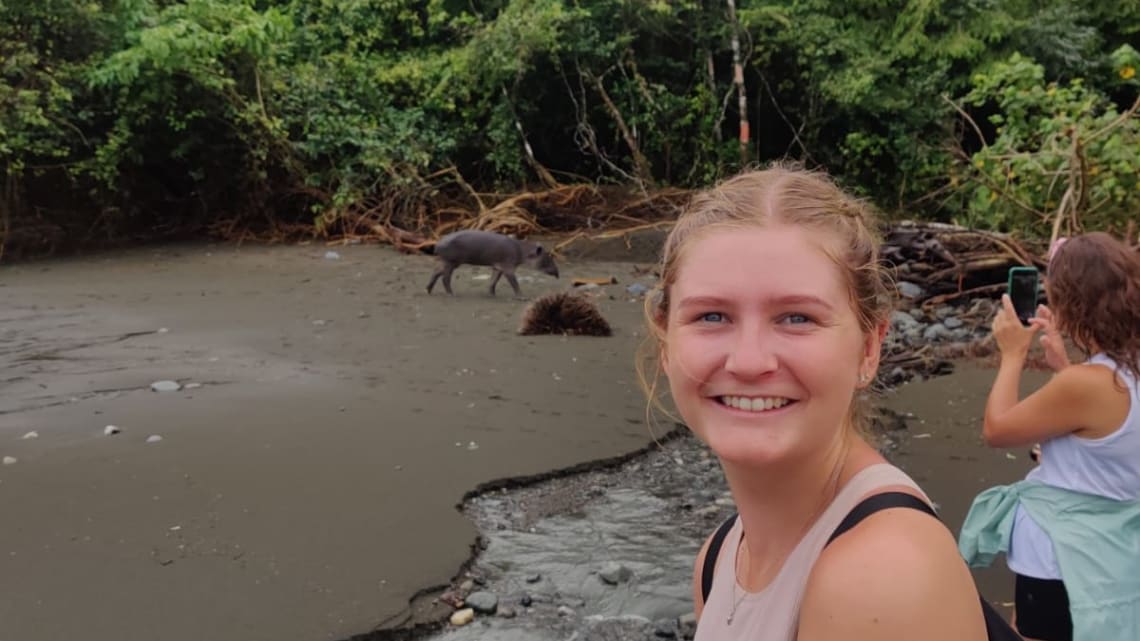
Costa Rica is one of the most well-known examples of ecotourism. It’s a tropical destination boasting rainforests, cloud forests, countless beaches, volcanoes and mountains. Nature and the ‘pura vida’ lifestyle, meaning pure life, are truly at the heart of Costa Rica.
Evidenced by the fact that over 25% of the country is made up of national parks, wildlife reserves and protected lands.
Corcovado National Park is almost the epitome of ecotourism. Being one of the most biodiverse places on the planet, Costa Rica is keen to protect it. To do this, they’ve limited the daily number of visitors and you must have a guide to visit.
You can also get involved in ecotourism in Costa Rica by volunteering! You can learn about a sustainable and eco-friendly way of life on this ecological farm.
Iceland
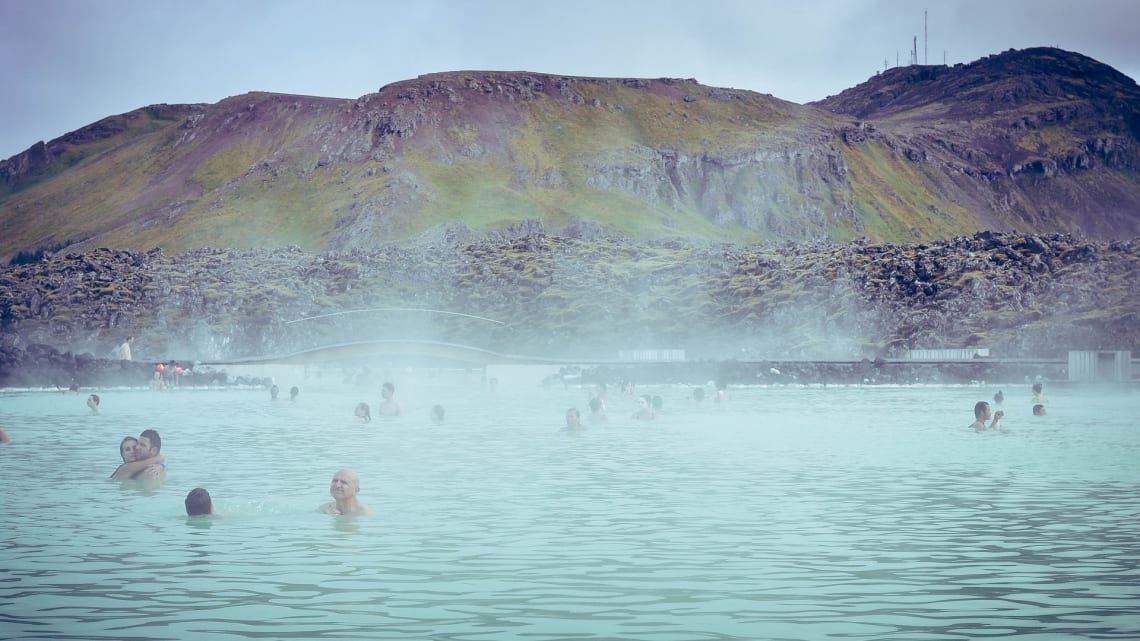
Iceland is a dream destination for so many of us. That’s a good and a bad thing for Iceland. With the number of tourists increasing each year, they’ve seriously had to consider how to keep tourism sustainable and responsible.
But it’s also up to us as the traveller. Instead of staying in big hotels, opt for one of the many eco-friendly accommodation options. Doing a tour? Choose one where you’ll be travelling by bike, horse or hiking.
Iceland has an abundance of geothermal energy, which is used to heat water in houses and hotels. It can also be harnessed to create natural spas like the Blue Lagoon.
Palau
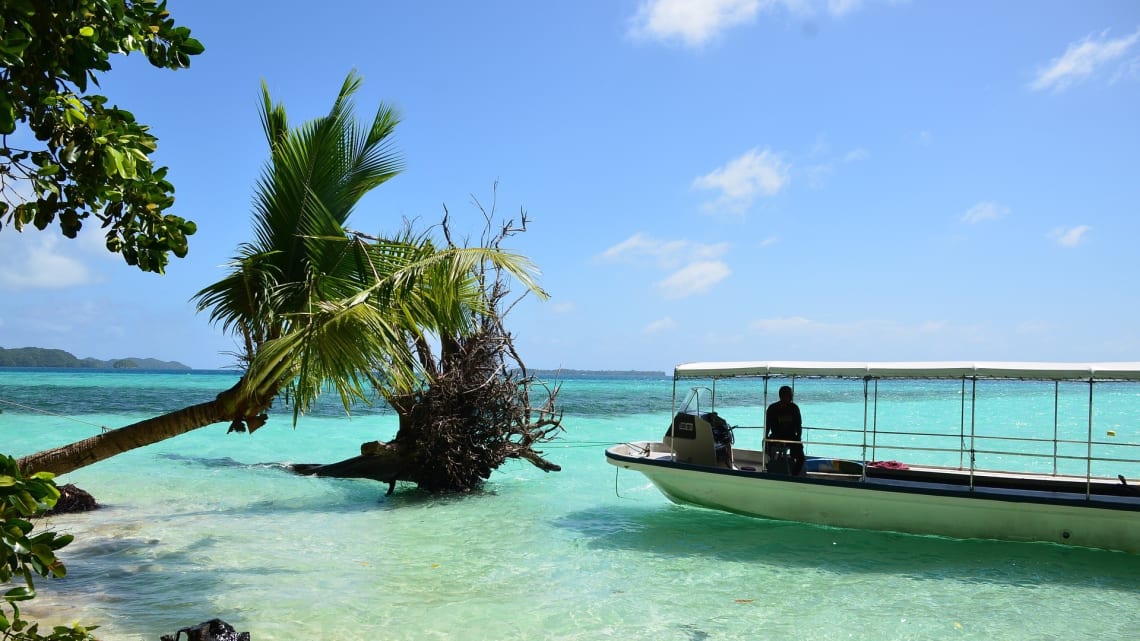
You might have never heard of Palau before, but this little island in the Pacific Ocean is revolutionising ecotourism.
If you visit Palau responsibly and sustainably, you’ll be rewarded. Palau has introduced an app-based rewards system where you earn points every time you help to preserve its fragile ecosystem.
Some of these things include signing the Palau Pledge upon arrival, wearing reef-safe suncream, eating sustainably-sourced local food and learning about Palau’s culture.
Every time you tick something off the list, you’ll get closer to unlocking an exclusive activity such as diving. Ultimately the main reward is knowing that you’re truly caring and helping a culturally-rich and magnificent place on earth.
Galapagos Islands

The Galapagos have played a vital role in educating the world about our world, inspiring Charles Darwin to come up with the Theory of Evolution. This research and education is still an integral part of the Galapagos Islands today.
These islands off the coast of Ecuador are invaluable, so steps have been taken to protect it. These include a $100 conservation fee, limiting the number of visitors and planning boat routes so there aren’t too many people in one place.
Fun fact: The Galapagos Islands were the first place added to the UNESCO World Heritage Site.
The Galapagos Islands are truly magical and probably somewhere you’ll want to spend longer in. If that’s the case, consider teaching for a non-profit organisation to extend your time and help the community. Find other ecotourism job opportunities.
Kenya
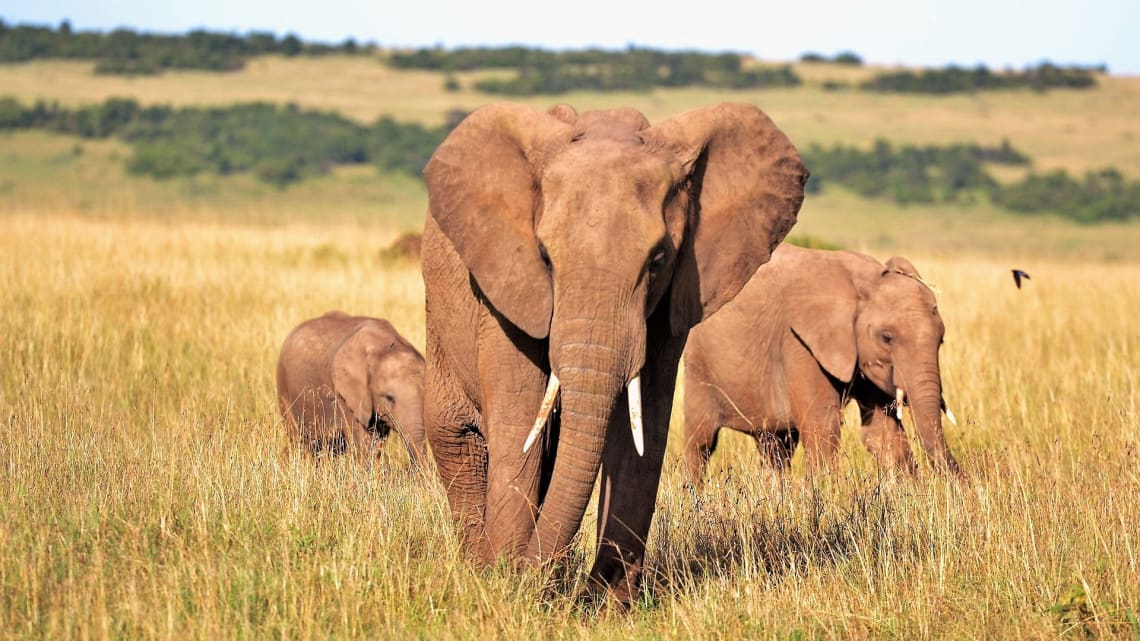
Kenya is arguably one of the best ecotourism examples in Africa. The government even created an organisation called ‘Ecotourism Kenya’.
Their work involves promoting sustainable tourism that will conserve Kenya’s natural environment and improve the livelihoods of local communities.
Being home to 54 national parks, over 1 million tourists every year visit Kenya in the hopes of catching a glimpse of ‘The Big 5’. This has encouraged the government to stop illegal poaching, ban single-use plastics and plastic bags whilst promoting sustainable tourism.
What better way to learn about a place than fully immersing yourself by volunteering? There are over 150 volunteering opportunities on Worldpackers in Kenya, including farming, social media help for an NGO and providing social work.
Amazon Rainforest
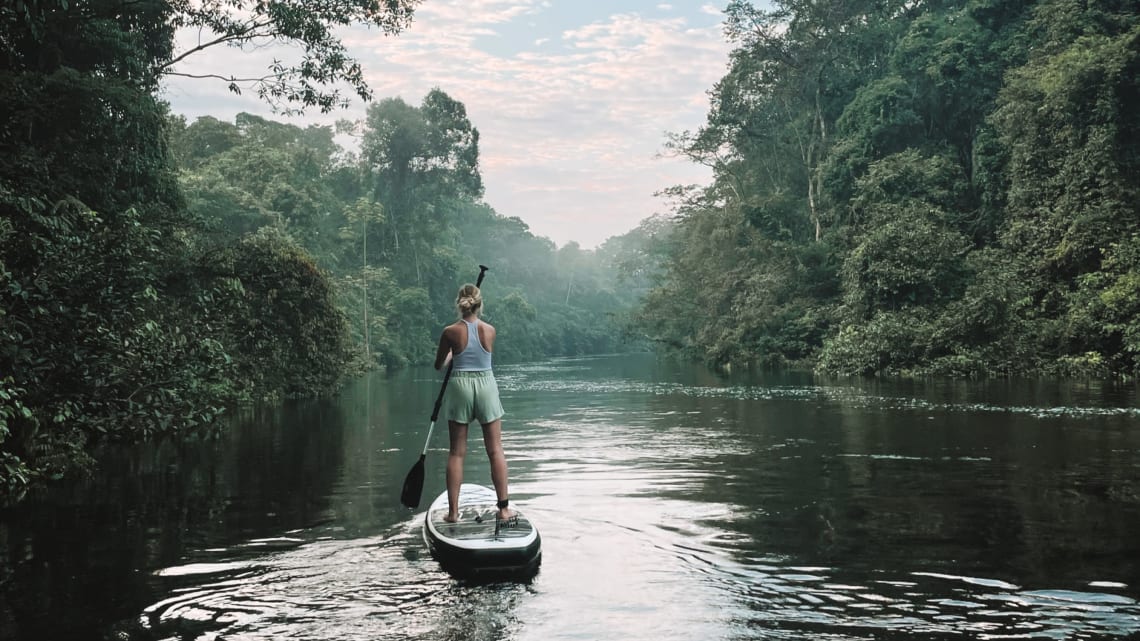
The Amazon Rainforest is one of the most incredible places in the world. If you have the chance to visit, do it, and do it sustainably!
Luckily there are plenty of countries that you can visit the Amazon from - Brazil, Bolivia, Peru, Ecuador, Colombia, Venezuela, Guyana, Suriname and French Guiana.
However, the survival of the Amazon and its indigenous groups largely depends on the success of ecotourism. In 2021, the Amazon saw the highest rates of deforestation yet. Despite increasing awareness of climate change, deforestation isn’t decreasing.
Ecotourism is needed to educate people around the world on the global importance of the largest rainforest in the world. The income from tourism is also vital for the survival of indigenous people and conservation projects.
There’s nothing like disconnecting from the world and surrounding yourself in nature. Volunteering in the Amazon is the perfect way to do this, whilst contributing to its conservation. Check out these awesome opportunities in the Amazon in Peru and Ecuador.
Bhutan
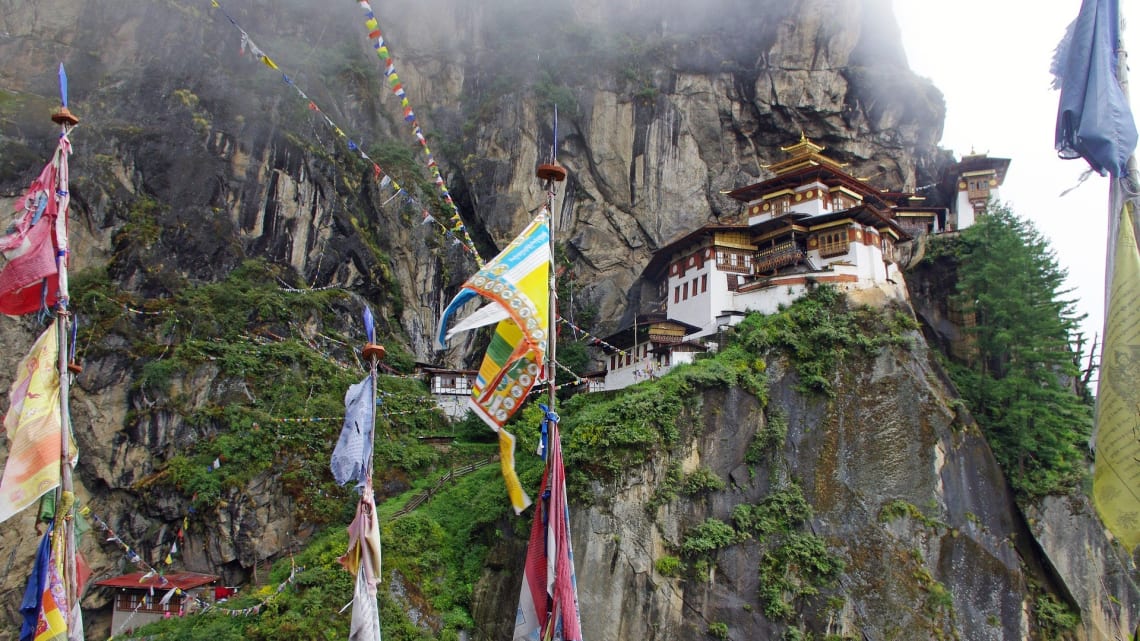
Bhutan is one of the best ecotourism examples in the world, albeit an expensive one!
Since 1991, Bhutan has been charging visitors a daily Sustainable Development Fee. Originally $65/day, it has now jumped to $200/day in 2022. Whilst this seems like a lot of money, the extraordinary outcomes prove that it’s worth it.
The money is used on projects such as offsetting Bhutan’s carbon footprint from tourism, supporting community education, organic farming and upskilling workers in the tourism industry.
It has led to Bhutan being the first carbon-negative country in 2017. The country takes in more carbon dioxide than it produces!
Keep reading: Discover India's top 3 best ecotourism.
Slovenia
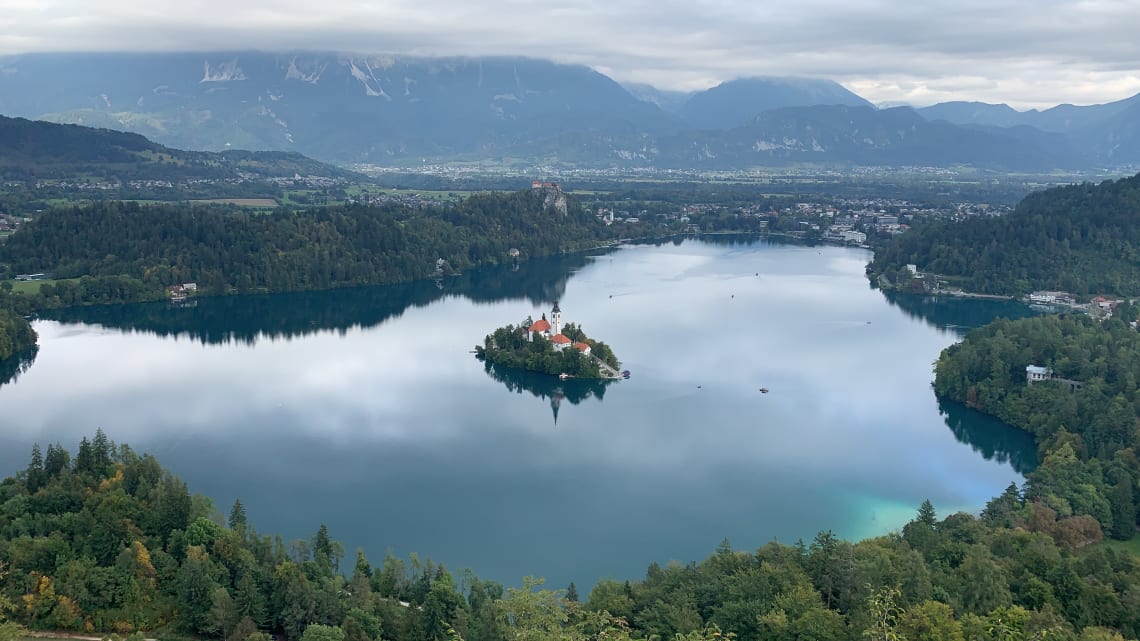
Slovenia needs to receive more recognition for its efforts in ecotourism. 60% of the country is covered in forest and 54% of its land is protected. Tourists flock to Slovenia to see its natural beauty, whether it’s to hike one of its spectacular mountains, or to row across Lake Bled.
They’ve also made it easier for you to choose sustainable options. If an accommodation or tourism service has a Slovenia Green Label, you know that you’re helping to preserve local traditions and protect the environment.
Green camping or glamping in Slovenia is also a great way to get close to nature and support conservation efforts.
Are you desperate to visit Slovenia now? Check out this ultimate guide to visiting Slovenia.
Chile
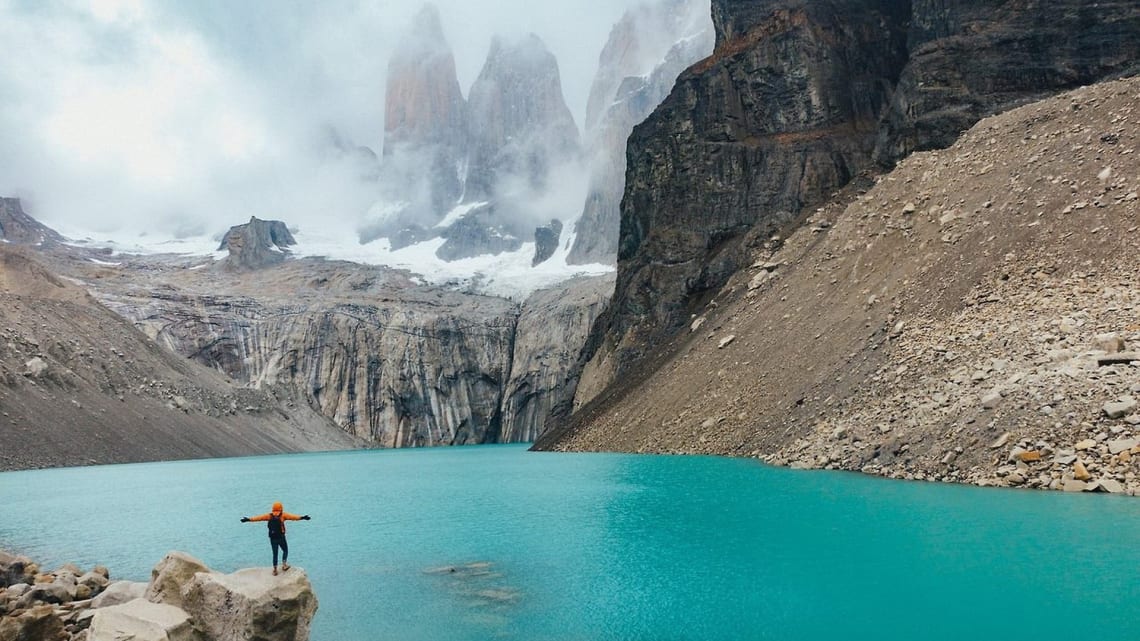
In 2020, Chile was named the World’s Leading Nature Destination. It’s not a surprise, as it is home to 41 National Parks, 45 Reserves and 17 Natural Monuments.
A large part of Chile's conservation efforts is down to the founder of the clothing brand North Face and his wife. They purchased land and then donated it back, which has led to the creation/expansion of 15 national parks, 2 marine national parks, and over 44 million acres of land and sea being protected.
Some great ecotourism destinations to visit in Chile include Huilo Huilo, one of Chile’s most popular waterfalls; and Chiloé Island, where the local community is working hard to build sustainable tourism.
There are over 100 Worldpackers volunteering opportunities in Chile. It’s a great way to practise your Spanish, learn about the culture and help a community.
Norway
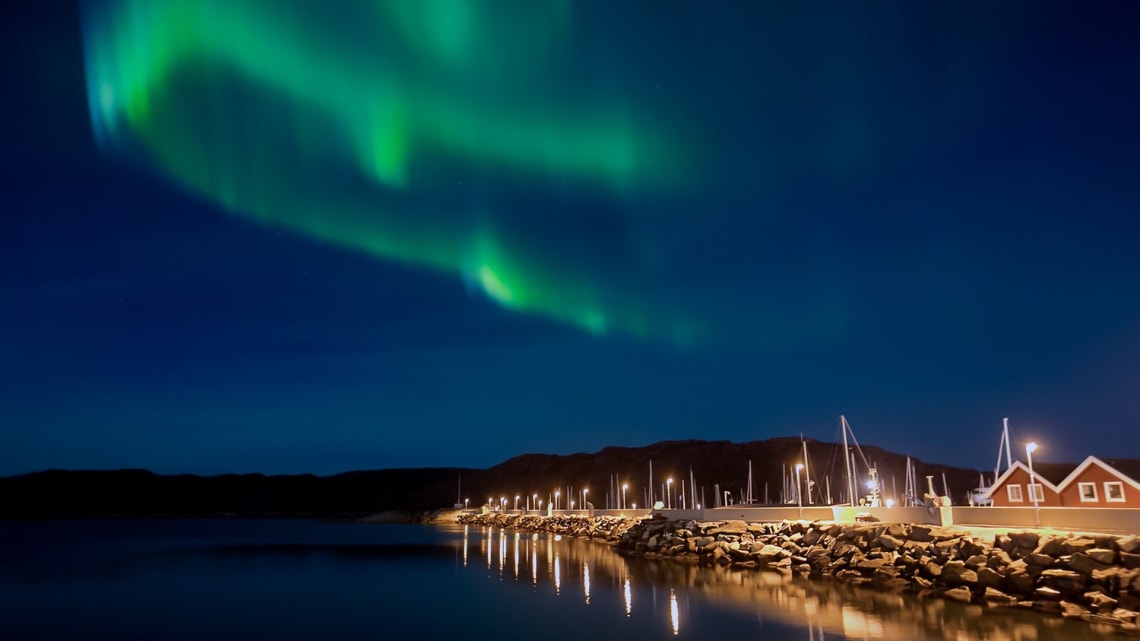
Norway is one of the most breath-taking places on earth. It’s home to picturesque fjords, glacier lakes, snow-capped mountains and endless beaches. It's an ecotourism haven.
And the Norwegian government wants to keep it that way. They’ve done a great job at preserving their coastline by regulating hunting, fishing and oil companies.
Many activities in Norway have ecotourism at the heart of them. There are plenty of ways to immerse yourself in nature, whether it be river rafting, caving, dog sledding or hiking.
Norway can be an expensive place to visit, so why not exchange your skills volunteering in return for free accommodation?
How can you travel more responsibly?
Everyone has a part to play in ecotourism. It’s up to the governments of countries to promote and fund it, but it’s also up to us to actively make responsible choices.
Here are some things you can consider when booking your next trip:
- Visit places where less tourists go
- Stay at local and eco-friendly accommodations. Green Key is a great website to find these
- Eat local with local ingredients
- Respect the environment - stay on paths, don’t leave rubbish, avoid touching wildlife
- Opt for walking, cycling or public transport instead
Want to learn more about planning your trip? By subscribing to the WP pack plan you have unlimited access to +120 courses at Worldpackers Academy, the travel school made by travelers!












Mohamed
Nov 11, 2022
Where is this place located?
Jaden
Dec 12, 2022
where coasta rico
Ammar
Feb 05, 2023
I miss for this moment , enjoying in the beauty of this places ,animals stuff ...
kennedy
Dec 18, 2023
love